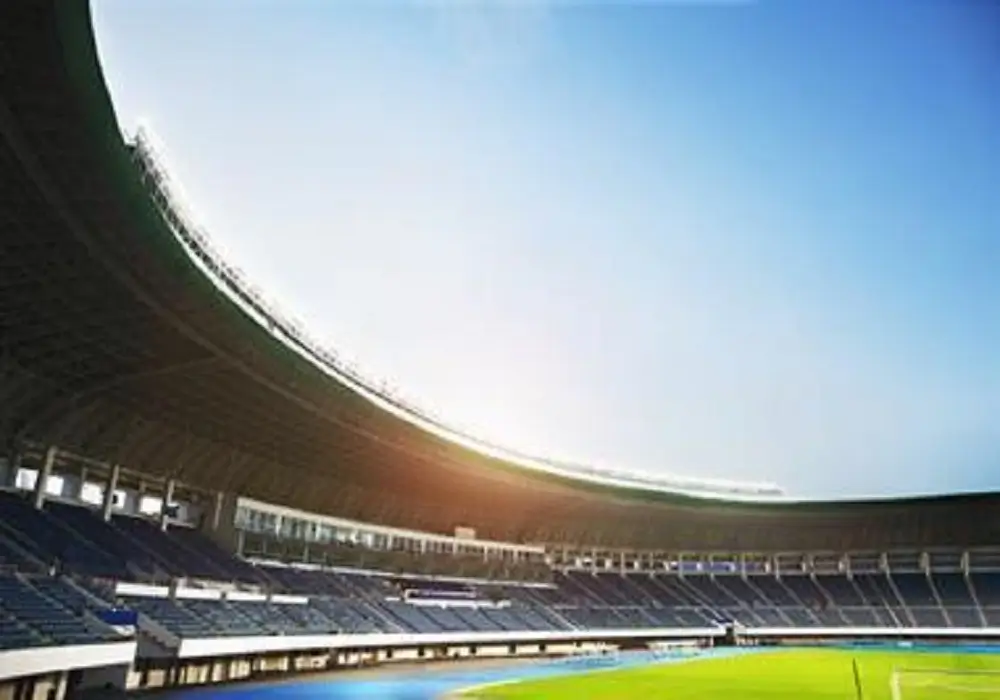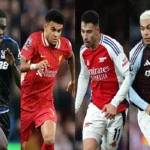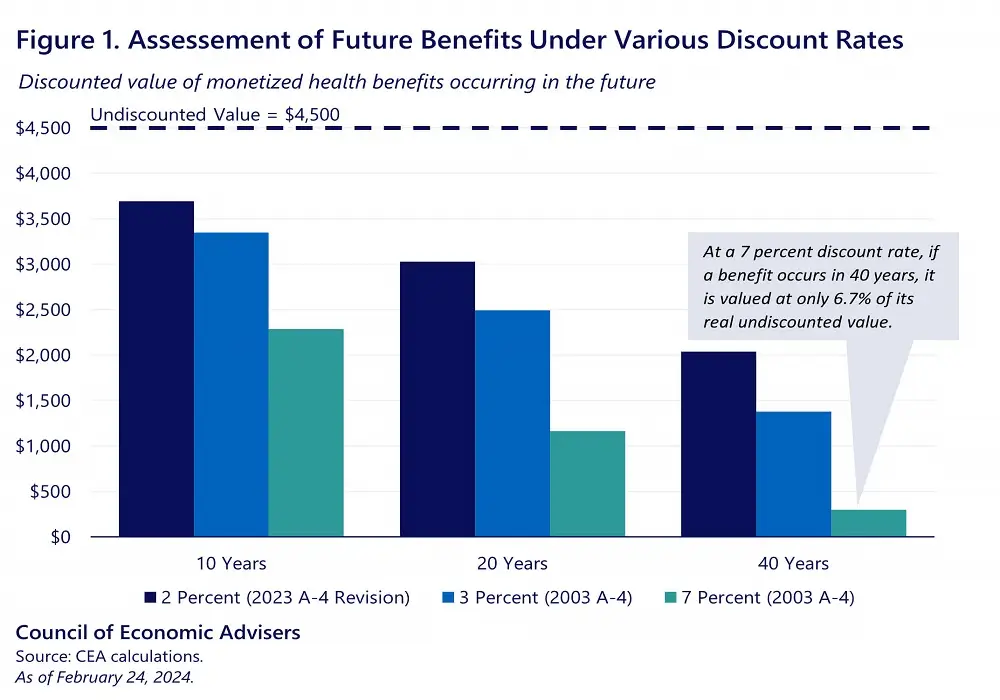In a significant development for English football, two of the Premier League’s most storied clubs, Arsenal and Liverpool, have announced the resolution of a prolonged insurance dispute. This settlement stands as a testament to the clubs’ commitment to safeguarding their future endeavors and financial stability while ensuring the protection of their players and assets.
The Background
This dispute stems from a complex web of insurance policies held by both clubs to cover various potential liabilities, including player injuries, operational disruptions, and significant events that could impact the clubs’ financial health. The high-stakes environment of professional football necessitates an intricate insurance landscape. Policies often need to address a wide range of contingencies, from player transfers and contract obligations to unforeseen events that could disrupt matches or operations.
For Arsenal and Liverpool, recent years have presented several challenges. The COVID-19 pandemic had an unprecedented impact on global sports, leading to match postponements, canceled events, and unforeseen financial strains. Both clubs enrolled in comprehensive insurance coverage to mitigate these risks. However, interpretations of policy terms led to disagreements with insurers on claims related to the pandemic’s impact, particularly concerning lost revenues from matches played behind closed doors and other associated losses.
You may read also:- What Lessons Can Entrepreneurs Learn from Arif Patel’s Career?
- Aviva to buy DLG for £3.7bn as takeover officially agreed
- MLP launches new fraud prediction model for personal lines market
- £3bn insurer deals blow to London stock market as it chooses New York for listing
- Munich Re-owned business appoints new UK chief executive
- Briefing: What New Year’s resolutions should UKGI be making for 2025?
- Insurers lose court battle with Sky over claim around damage to headquarters
The Dispute
At the heart of the dispute was the interpretation of specific clauses in the insurance contracts, particularly those concerning “business interruption” and “loss of revenue.” Both Arsenal and Liverpool argued for substantial payouts to cover losses incurred due to pandemic-related disruptions. Their insurers, however, contested these claims, arguing that the pandemic did not meet the criteria outlined in the contracts or that it was an unprecedented event not fully covered by existing policies.
As the disagreement escalated, it became clear that a resolution would require either protracted court proceedings or a negotiated settlement. Recognizing the potential costs and uncertainties of lengthy litigation, both clubs opted to pursue a mediated settlement process. This decision reflects a broader trend in sports and other industries toward resolving insurance disputes through negotiation rather than litigation, which can be both time-consuming and costly.
The Settlement
While specific details of the settlement remain confidential, sources close to the negotiations indicate that both clubs reached a favorable agreement that allows them to move forward without further financial uncertainty. This resolution is expected to include compensation for some of the claimed losses, as well as adjustments to future insurance policies to better cover unforeseen events like pandemics.
This outcome underscores the importance of adaptability in the world of sports insurance. Clubs and insurers alike are learning from this experience, understanding the necessity of precise policy language and the inclusion of clauses that address emerging global risks. This case is likely to influence how sports insurance contracts are drafted in the future, potentially leading to industry-wide changes.
Implications for the Clubs
The settlement is strategically significant for both Arsenal and Liverpool, allowing them to allocate resources back into their football operations and strategic initiatives. For Arsenal, this comes at a crucial time as the club seeks to solidify its standing in both domestic and European competitions. Financial stability will enable further investments in player acquisitions and development, helping the Gunners to compete at the highest levels.
Liverpool, meanwhile, will benefit from the resolution as it focuses on its long-term objectives. With ambitions to maintain its competitive edge in the Premier League and UEFA competitions, financial clarity provides a platform for sustainable growth and strategic planning. The settlement also reinforces Liverpool’s capacity to continue nurturing its renowned youth academy, ensuring a steady pipeline of homegrown talent to the first team.
Moving Forward
As major football clubs, Arsenal and Liverpool’s decision to settle this dispute reflects their forward-thinking approach to governance and risk management. This resolution not only supports their financial health but also sets a precedent for other clubs facing similar challenges. The situation highlights the necessity of proactive risk assessment and management in the ever-evolving landscape of professional sports.
For the broader football community, this settlement prompts a reevaluation of risk management strategies, encouraging clubs to scrutinize their insurance coverage and consider potential vulnerabilities. It is anticipated that this case will spark further discussions between clubs, leagues, and insurers about the future of sports insurance and how policies can be adapted to provide more robust protection against a wider array of risks.
Conclusion
The amicable settlement of the insurance dispute between Arsenal and Liverpool marks a meaningful step forward for both clubs. By resolving their differences, they have reinforced their positions as resilient and strategically adept organizations within the global sports industry. As they look to the future, both clubs are better positioned to navigate uncertainties and pursue their ambitions with renewed vigor and financial clarity. This resolution reinforces the importance of collaboration and adaptability in modern sports, setting a benchmark for others to follow in a rapidly changing world.












